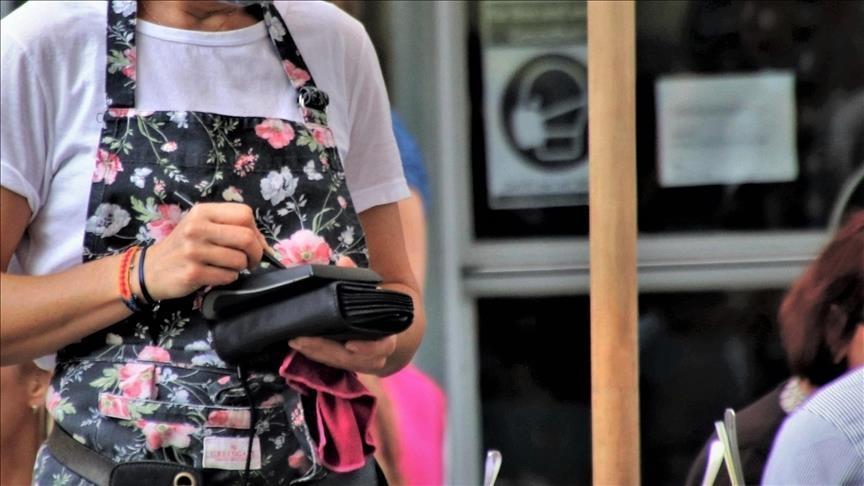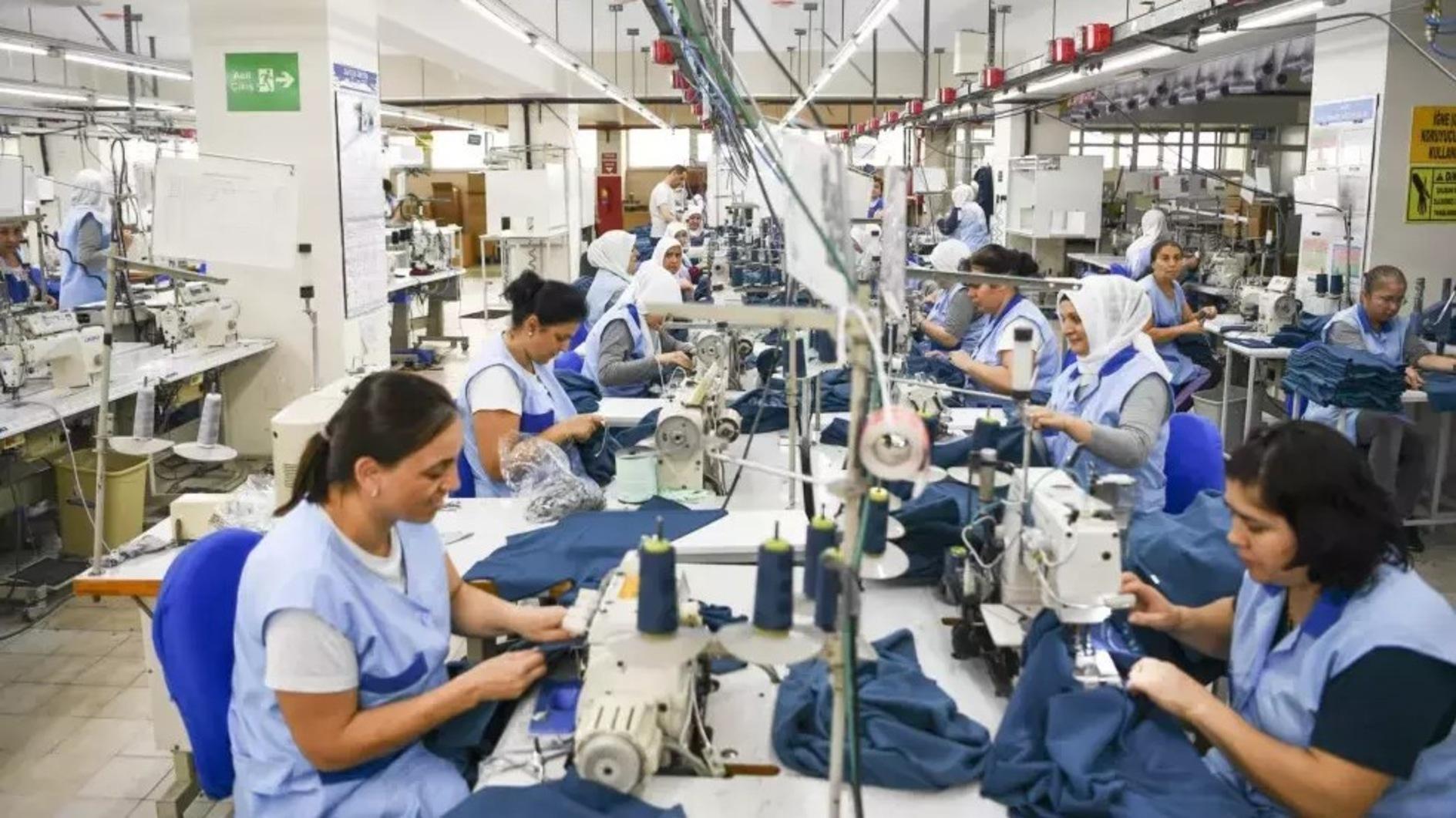Europe ‘disgraced itself’ on refugee quotas: German vice chancellor
BERLIN – Agence France-Presse

A woman holding her child cries at the Hungary-Serbia border, near the town of Horgos on September 14, 2015. A record 5,809 migrants entered Hungary in a new surge on September 13, smashing the previous day's record of 4,330, Hungarian police said September 14. AFP Photo
Europe “disgraced itself” when EU ministers failed to reach an agreement on a quota plan to share the burden of refugees around the continent, German Vice Chancellor Sigmar Gabriel said Sept. 15.“Europe once again disgraced itself yesterday,” Gabriel said a day after EU ministers failed to reach a unanimous agreement on a plan to take 120,000 refugees.
EU countries needed to understand that “the whole of Europe is at stake. What we are experiencing now threatens Europe far more than the Greece crisis,” he said.
“Our country can’t solve the refugee problems of half the world by itself,” said Gabriel, who on Sept. 14 predicted Germany would receive as many as 1 million asylum seekers this year, up from the official forecast of 800,000.
Hopes of a unanimous deal on distributing 120,000 refugees from overstretched Greece, Italy and Hungary across the bloc collapsed Sept. 14 in the face of opposition from Hungary, the Czech Republic, Slovakia and Romania.
The crisis meeting of interior ministers in Brussels did formally agree, however, to launch a plan first proposed in May to relocate another 40,000 asylum seekers from Greece and Italy over the next two years.
Gabriel said that given the flood of refugees into Europe “160,000 places is a drop in the ocean,” referring to the total number of people the bloc was debating taking.
He also suggested that EU aid funds be used to exert pressure on member states to accept binding quotas of refugees.
“Germany is not ready to be a net payer country in a Europe where everyone wants to join in when they get money, but are not willing to share the responsibility,” he said.
Interior Minister Thomas de Maiziere had earlier also said EU funds could be used to pressure members that are net beneficiaries but are refusing to accept their fair share of migrants.
“The negotiations situation is such that nothing happens to countries which refuse,” he said. “We need to talk about ways of exerting pressure. These are often countries that receive a lot of structural funds from the European Union.”
He recalled that European Commission President Jean-Claude Juncker “has suggested that we should look at whether these countries should get less structural funds, which I agree with.” Germany, facing a surge in migrant numbers, took the drastic step of reinstating border controls on Sept. 13.
Meanwhile, Germany and Austria on Sept. 14 called for a special European summit on the migrant crisis, in a phone call with EU President Donald Tusk, said German Chancellor Angela Merkel.
“It is a problem for the entire European Union and therefore we argued for a special EU summit to be held next week,” she said during a joint press conference with Austrian counterpart Werner Faymann. “Tusk will look into that.”
Slovakia’s prime minister echoed the call for EU to hold a special summit to deal with the biggest migration crisis in Europe since World War II.
















